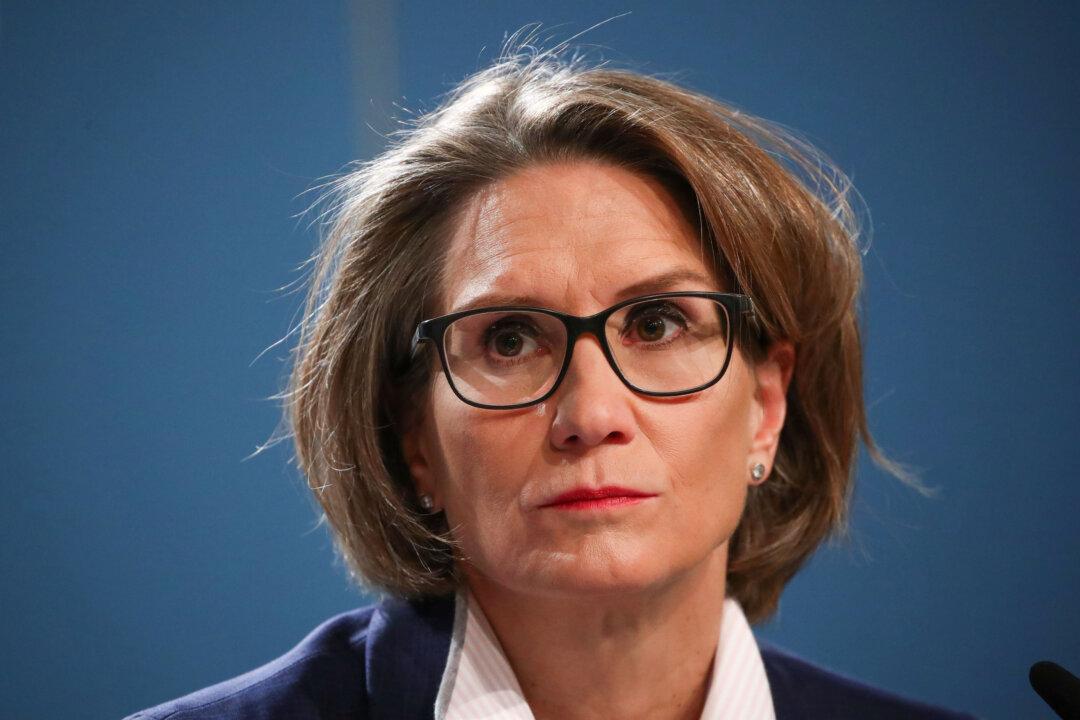The Swiss National Bank (SNB) is resisting calls by climate change alarmists to use its massive foreign exchange reserves to fight global warming, governing board member Andrea Maechler said on Thursday.
“Our investment policy must not be a climate policy,” Maechler said, saying the bank did not want climate change considerations to determine how it invested its foreign exchange reserves.





